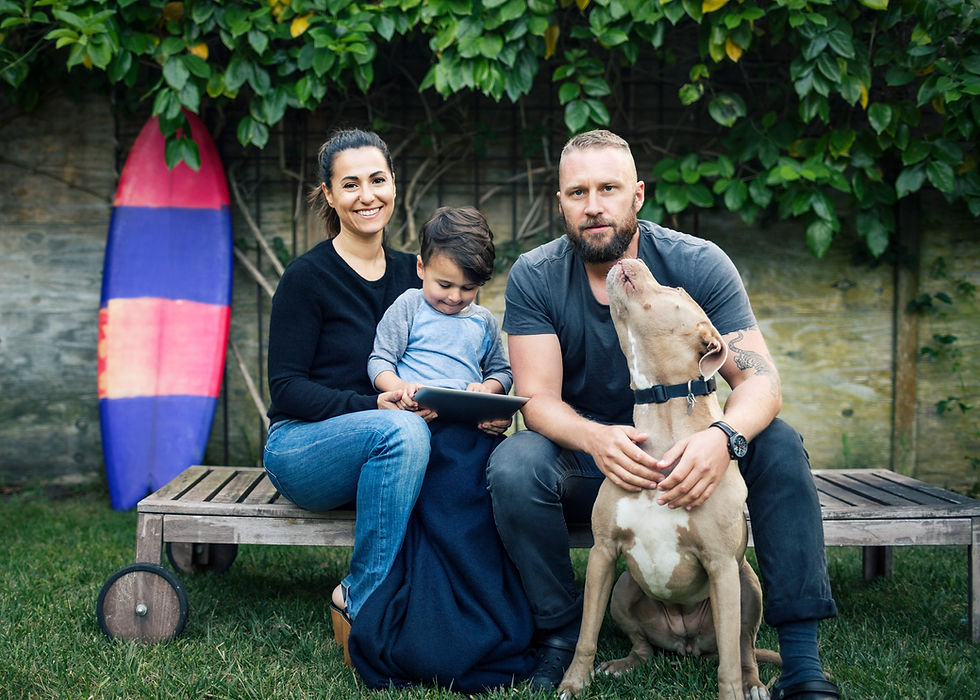You Made It, Now What? – Your Rights and Responsibilities as an Adoptive Parent
- Adoption NSW

- Sep 2, 2020
- 2 min read

It’s easy to get so caught up in the legal details of your adoption journey — keeping all the paperwork together, scheduling your day in court, consulting with your lawyers — that you almost forget what’s at the end of it all: a blended family in which you’re no longer only a step-parent but an adopted parent as well. But what exactly does that mean for you as a non-biological parent?
Whether you’re just starting out on your adoption journey or you’ve finally reached that legal finish line, it’s important to understand what it means to be an adoptive parent.
The Difference Between Step-Parents and Adoptive Parents
While step-parents can and should act as co-parents with their partner, they often don’t have any legal rights where their partner’s child is concerned, as well as no legal parental responsibility to the child. By choosing to adopt your step-child, you are creating a legal bond between the two of you. In the eyes of the law, you’ll have all the rights and responsibilities of a biological parent.
Your Rights and Responsibilities
You’ll find that parenting as a step-parent and as an adoptive parent appear very similar on a day-to-day basis. There are, however, a few key responsibilities and parental rights that you will obtain after completing the adoption process.
Child support and maintenance
As an adoptive parent, you are financially responsible for any adopted children just as you would be for any biological children. Should you separate from your partner, you will still be eligible to receive child support payments.
Custody
In the event of your partner's death, you will retain parental responsibility for your step-child and will therefore likely retain physical custody of them as well.
Daily Care
You are now legally responsible for providing your child with food, clothing, shelter, education, financial support, medical care, safety, and supervision until they come of age. Just like a biological parent, it’s your duty to protect and care for your step-child.
Inheritance
While step-children do not have automatic inheritance rights, once officially adopted, they will receive automatic inheritance rights, just like any biological children.
Physical and legal custody
You have the right to have your step-child reside with you and your partner. You also have the right to make decisions about their upbringing with regard to schooling, medical care, discipline, religion, family values, and beliefs.
Having your name on their Birth Certificate
As the primary form of identification for a person, the birth certificate plays an important role in cementing the identity of a child, being a part of that ensures stability and togetherness.
Your child can officially share your surname
Many families may take this approach anyway even without an adoption but legally having everything in place avoids any further confusion as the child grows into adulthood. It is often reported that once a family all share the same surneme there is a direct link to healthier and more stable relationships.
Inheritance
While step-children do not have automatic inheritance rights, once officially adopted, they will receive automatic inheritance rights, just like any biological children.
Have any questions or comments about your adoption journey? We’d love to hear from you! Contact us today or leave a comment down below.



Comments